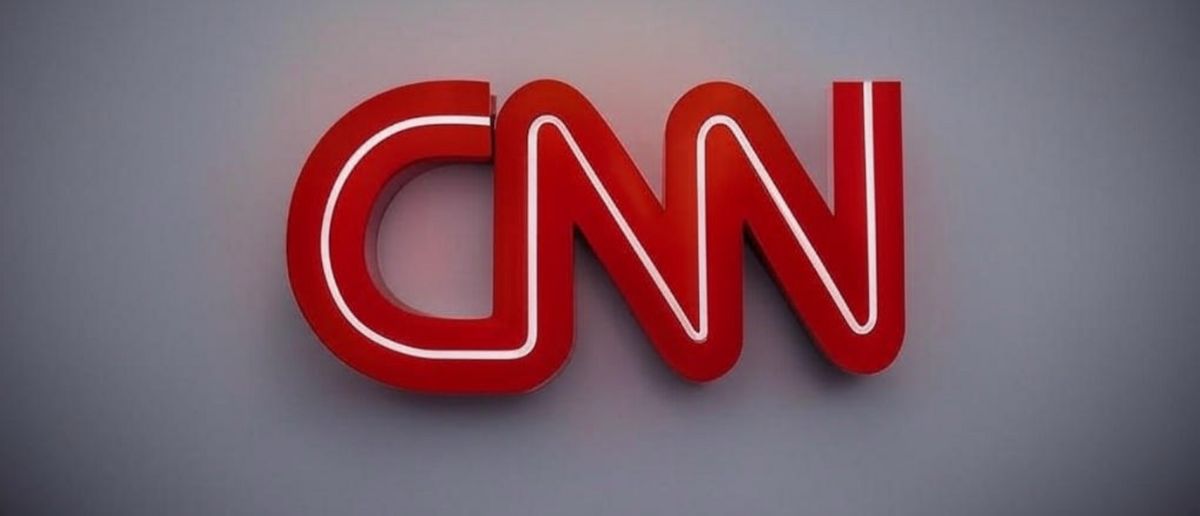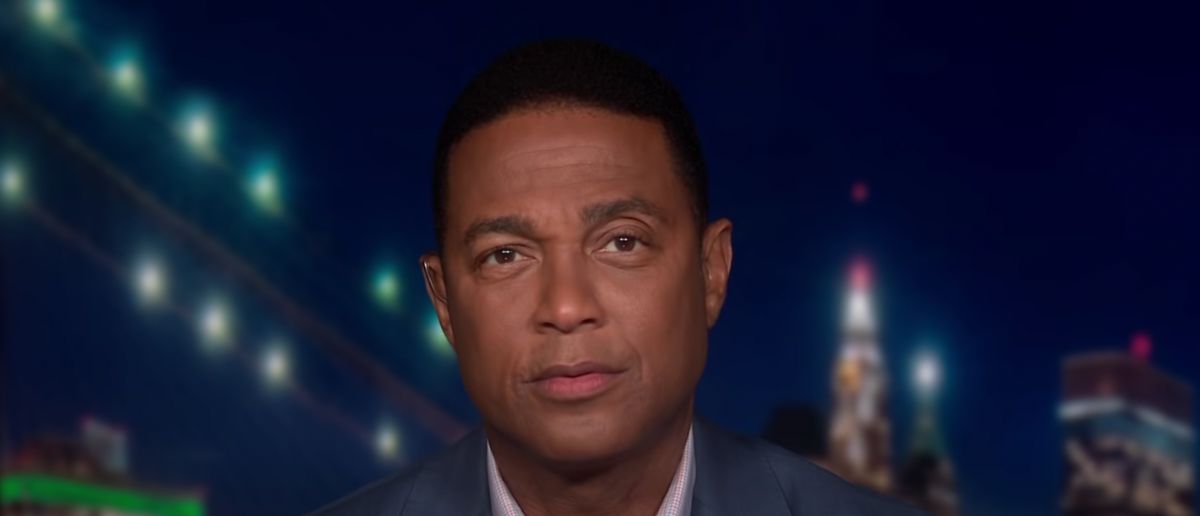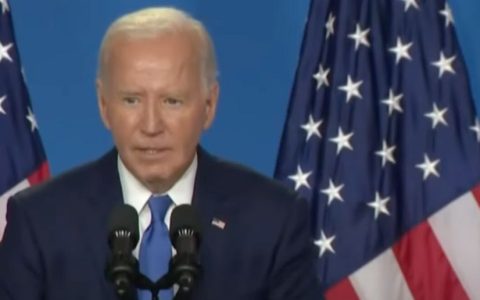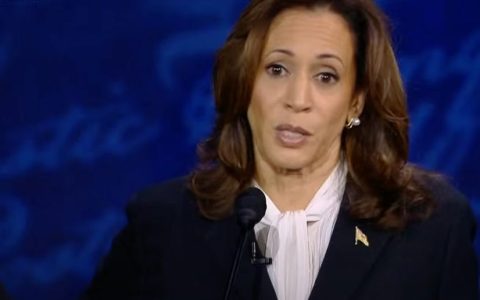
The Left likes to pull the race card. But sometimes it backfires big time.
Now a top Democrat went on CNN and made the most racist statement imaginable.
Jamaal Bowman’s Divisive Claims on Chronic Disease
Former Rep. Jamaal Bowman (D-N.Y.) sparked controversy on CNN’s NewsNight recently, attributing higher rates of chronic diseases like cancer and diabetes in Black communities to the stress of being called the “N-word” daily.
His remarks, framed as a critique of systemic racism, veered into a polarizing narrative that critics argue oversimplifies complex health disparities while stoking division.
Bowman’s tendency to lean on inflammatory rhetoric, detractors say, distracts from substantive policy solutions and fuels a victimhood narrative that undermines constructive dialogue.
Bowman asserted that “America’s original sin” of racism remains unaddressed, claiming the daily stress of racial slurs directly contributes to health issues in Black communities.
“The reason why heart disease and cancer and obesity and diabetes are bigger in the Black community is because of the stress we carry,” he said.
Critics, however, point out that his claims lack empirical backing and risk reducing multifaceted public health challenges to a single, emotionally charged cause, potentially alienating those seeking data-driven approaches.
Escalating Tensions in a Heated Debate
The former congressman’s comments came during a contentious CNN segment sparked by Zohran Mamdani’s victory in New York City Democratic mayoral primary.
Host Abby Phillip criticized “MAGA-world” figures like Rep. Marjorie Taylor Greene, Charlie Kirk, and Laura Loomer for what she called “Islamophobic” posts about Mamdani.
The discussion quickly escalated when Marc Short, former chief of staff to Vice President Mike Pence, countered that political violence in the U.S. is increasingly driven by the Left, citing recent assassination attempts on Donald Trump and Brett Kavanaugh.
Bowman pushed back aggressively, listing incidents like the Tree of Life Synagogue shooting and the Charleston AME church massacre as evidence of right-wing violence, while accusing Republicans of failing to confront racism within their ranks.
His selective framing, critics argue, glosses over violence from all sides and paints an incomplete picture, conveniently sidestepping accountability for inflammatory rhetoric from progressive activists. Short maintained that “performative artists” exist across the political spectrum, urging a more balanced condemnation of extremism.
Bowman’s Call for GOP Accountability Falls Flat
Bowman doubled down, insisting that Republicans must “listen and try to learn” to curb hate and improve the country.
He accused the GOP of ignoring “sexism towards women and anti-LGBTQ sentiment,” positioning himself as a moral arbiter while sidestepping the Left’s own role in polarizing discourse.
Critics see this as emblematic of Bowman’s approach: leveraging charged accusations to deflect from broader issues, such as the Left’s embrace of divisive figures like Mamdani, whose radical policies have raised eyebrows even among Democrats.
Bowman’s remarks, delivered with characteristic fervor, underscore why some view him as a lightning rod for controversy.
By framing health disparities through a lens of racial grievance without offering actionable solutions, he risks deepening divides rather than fostering unity.





